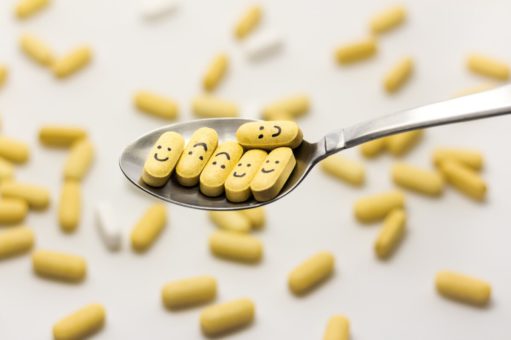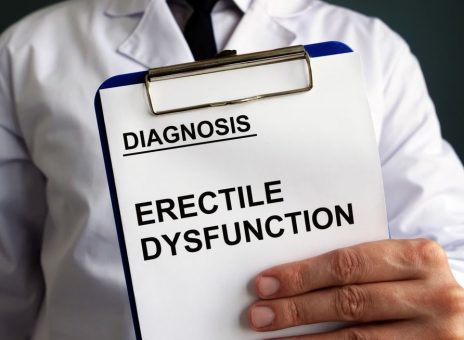Exercise may ameliorate one of the most common and devastating side effects of prostate cancer treatment.

Prostate cancer, one of the most common cancers in the world, not only puts the lives of diagnosed patients at risk, but the side effects of treatment can severely impact their quality of life.
However, a new long-term clinical trial led by Edith Cowan University (ECU) and presented at the American Society of Clinical Oncology’s Breakthrough Meeting in Japan, has shown that prostate cancer is not only a life-threatening disease, but also a serious side effect of treatment. A new long-term clinical trial presented at the American Society of Clinical Oncology Breakthrough Meeting in Japan has revealed that there is a treatment that may help in the fight against this disease:
According to Professor Daniel Galvao, director of the ECU Movement Medicine Research Institute (EMRI) and leader of the study, about half of prostate cancer patients report having unmet sexual health care needs.
He said, “Sexual dysfunction is a common, painful, and persistent side effect of prostate cancer treatment, with physical and psychological consequences.” Our study shows that such patients can benefit immediately from supervised exercise interventions to improve their sexual health.”
A previous EMRI study found that exercise helps produce a cancer-fighting protein called myokine.
Said Prof. Galvao, “This is the latest evidence that exercise is essential in the treatment of prostate cancer.”
Hit the exercise training.
The study involved more than 100 prostate cancer patients divided into three groups over a four-year period.
One group received supervised resistance and aerobic exercise; another group received the same exercise program but also received psychotherapy.
The third group received standard treatment that did not include an exercise or therapy component.
Psychosexual therapy did not improve erectile function or sexual satisfaction, but patients who exercised reported significant improvements in both.
Erectile function increased by 5.1 points in the exercised group compared to 1.0 points in the usual care group, and sexual satisfaction increased by 2.2 points with exercise compared to 0.2 points with usual care.
Exercise also prevented increases in fat mass and improved physical function outcomes, upper and lower body muscle strength, compared to usual care.
Professor Galvao said further research is needed to investigate how exercise affects the sexual health and other symptoms of prostate cancer patients, as well as the side effects of the disease and its treatment.
‘This study shows that exercise has a positive impact on erectile dysfunction, a side effect of treatment,’ Galvao said.
In a broader sense, we also know that independence, fitness, and health are important for men’s health and for an aging patient population that is more prone to chronic disease complications.”
Time to get moving
Anne Savage, CEO of the Prostate Cancer Foundation of Australia, said she expects the results of the study to be put into practice quickly.
‘This study is a call to action for men with prostate cancer and their partners and adds weight to the recommendation that exercise should be routinely prescribed to men with prostate cancer.
“Loss of erectile function is a major annual stressor for thousands of Australian men being treated for prostate cancer.
“This study builds on previous research that found exercise can also help reduce the risk of recurrence in men with prostate cancer, demonstrating the power of exercise to help restore sexual function while improving overall health.”
Melissa Ledger, Director of Cancer Prevention and Research, said she is very pleased with the international recognition of this research.
She said, “Cancer Council WA is committed to achieving the best possible outcomes for cancer patients and their families. That is why it is important to support research like Professor Galvao’s that has the potential to improve and save lives,” said Ledger.
It is gratifying to know that our initial support has laid the foundation for further research projects.”









